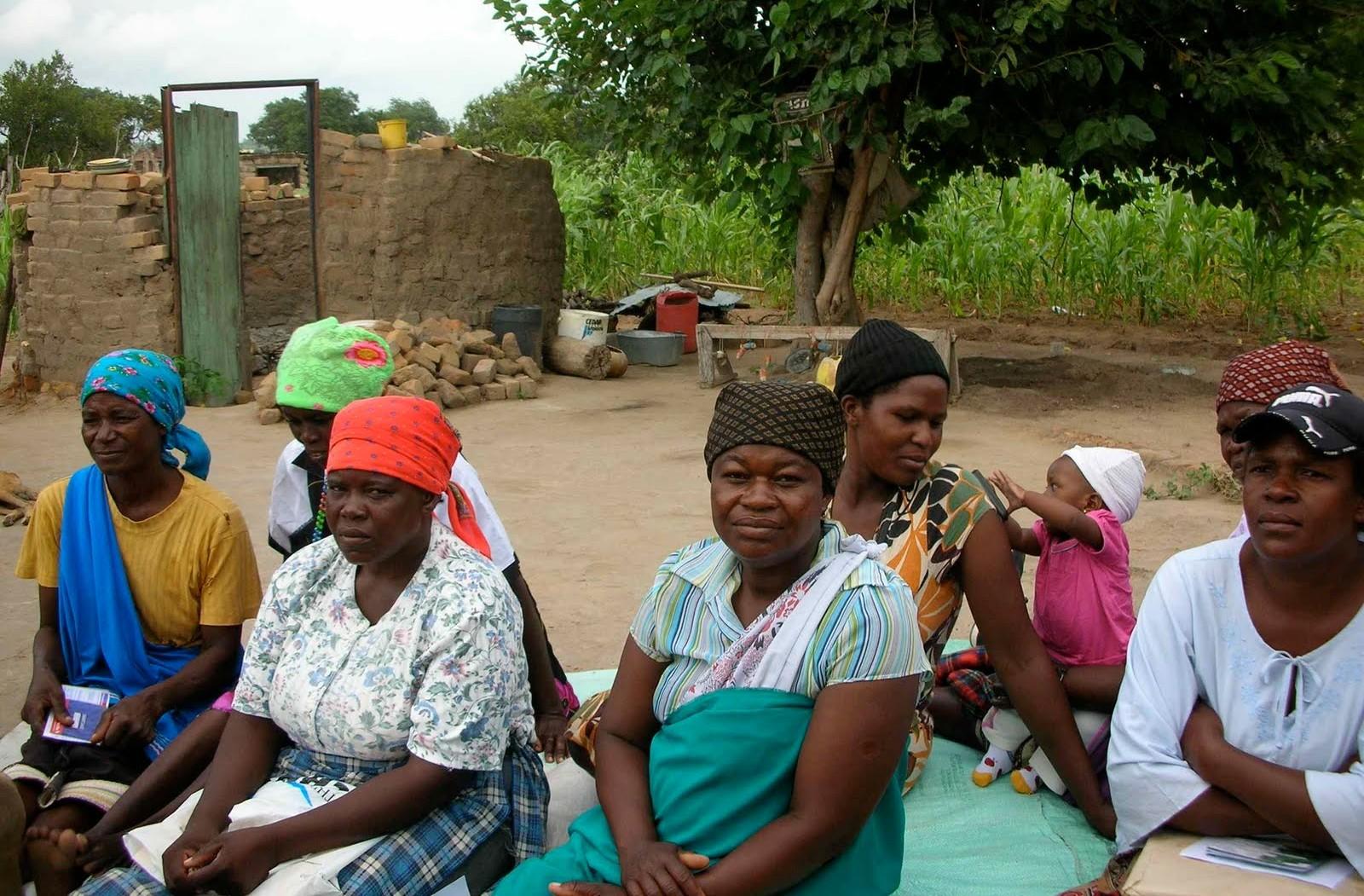Employers and Universities: Work with us?

What are international development jobs and how can I get one?
If you want to make a difference in the world by helping others lift themselves out of poverty, a career in international development could be perfect for you.
In this guide, we explore what international development is and look at the different international development jobs you could do.
'Through a career in international development, you could help people in some of the world's poorest communities achieve independence'
What is international development?
International development is based on the idea that different societies have differing levels of “development” on a global spectrum. Some countries, like the UK and most countries in Europe, are considered to be “developed countries”. These tend to be the countries that industrialised first and where standards of living are relatively high and extreme poverty is low. Others are considered to be “developing countries” or “least developed countries” which are less industrialised and where living standards may be lower. Many of the world’s least developed countries are in sub-Saharan Africa.
The international development sector works with communities in less economically developed regions to address the causes and effects of poverty and to help people lift themselves out of poverty and improve their wellbeing.
Some international development organisations deliver disaster relief and emergency aid to help people affected by natural disasters and war.
This video from Restless Development shows how international development has changed over the years. Voices you will hear include Nelson Mandela, Barack Obama and Malala Yousafzai. CW: The video contains some distressing images.
What kinds of organisations work in the international development sector?
- Government aid agencies e.g. Foreign, Commonwealth and Development Office, USAID.
- Intergovernmental organisations e.g. European Union, International Monetary Fund, United Nations.
- Non-governmental organisations (NGOs) e.g. CARE International, Oxfam, Plan International.
- Academic organisations, research institutes and think tanks e.g. International Institute for Environment and Development, Institute of Development Studies, Overseas Development Institute.
- Social enterprises – private sector organisations that run with a social purpose in mind. Search Escape the City to find them.
What international development jobs can I do?
There are international development jobs you could apply for, from on-the-ground roles and research in the field to fundraising, communications, advocacy and back-office support roles.
- Delivering programmes in the field.
- Carrying out research, evaluating programmes and making policy recommendations within the organisation.
- Campaigning to raise awareness and change public attitudes and lobbying for changes in government policy.
- Raising awareness about the organisation and its work through media and communications work.
- Fundraising to support the organisation’s programmes.
- Carrying out support roles in the back office, including finance, human resources and IT.
What qualifications do I need?

achieved global fame after surviving a gunshot to the head aged 15
This varies greatly depending on the role you want to do.
If you are considering a back-office role or a career in media and communications, you are unlikely to need sector-specific qualifications. Professional qualifications – in finance or digital marketing, for example – may be more beneficial. However, the more relevant your qualifications are to the field of international development you are applying to, the more likely you are to be successful in applications, particularly if there are a lot of other applicants. A postgraduate qualification in international development or a related field will demonstrate your commitment to the cause – even if you are applying for a social media or marketing role.
For policy, research, lobbying and fundraising, an academic background in international development or a related field will give you a big advantage. For research and policy roles, you may be expected to have a postgraduate qualification or even PhD in a specialist field, such as development and agriculture, women’s economic empowerment or microfinance – whatever area you want to go into.
If you are seriously considering a career in international development, you should think about taking an A-level/equivalent in a subject such as sociology, history, politics and geography.
What experience do I need?
Hands-on experience in the field will help you as well. For jobs in the field, this may be a role requirement or strong preference. Many international development degrees provide the opportunity to work in the field as part of the course, often during the vacation. If not, you may choose to volunteer or work in the field during the vacation or a gap year.
Here are some large and small organisations you could volunteer with:
- OECD – Offer unpaid traineeship to full-time students who can obtain a Memorandum of Agreement between their releasing institution and the OECD.
- People and Planet – student campaign network taking action on world poverty, human rights and the environment.
- AIESEC – An international youth-run student organisation, offering international internships in the development sector.
- Refugee Community Kitchen – A food solidarity collective preparing and providing meals to refugees in Northern France and people in London.
- L’Auberge des Migrants – A Calais-based warehouse and distribution centre, providing clothing, tents and equipment to migrants living homeless in Northern France.
Alternatively, you could volunteer or work for a community project in the UK. This could include a homeless shelter, conservation organisation or food bank. Volunteering in a charity shop run by an international development organisation such as Oxfam may also provide good experience, expose you to new ideas, experiences and background, and also show your commitment.
What skills do I need?
Whether you are working in the field or in the back office, the following skills will be useful across the international development sector:
- Adaptability
- Cultural sensitivity
- Communication
- Independence
- Teamwork
- Language skills
Find out more about careers in international development and related sectors in our Charity & Not-for-profit Career Zone.
Images: Lead image by GiveWell via Wikimedia Commons, Malala Yousafzai via Wikimedia Commons, by South Bank Centre CC-BY-2.0
